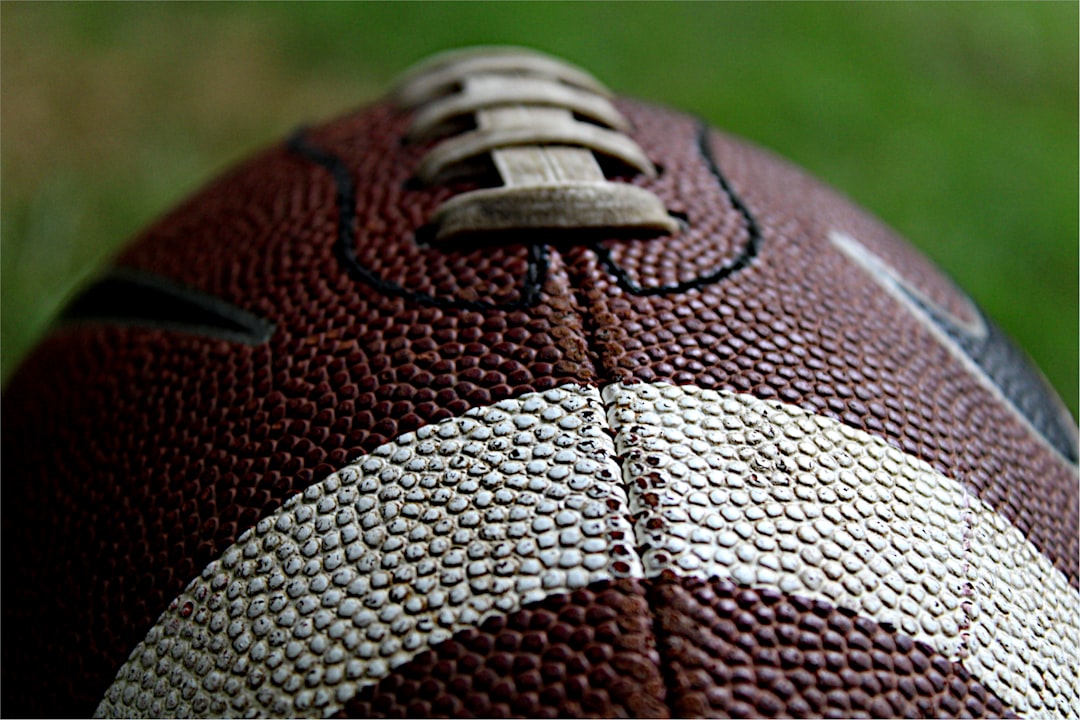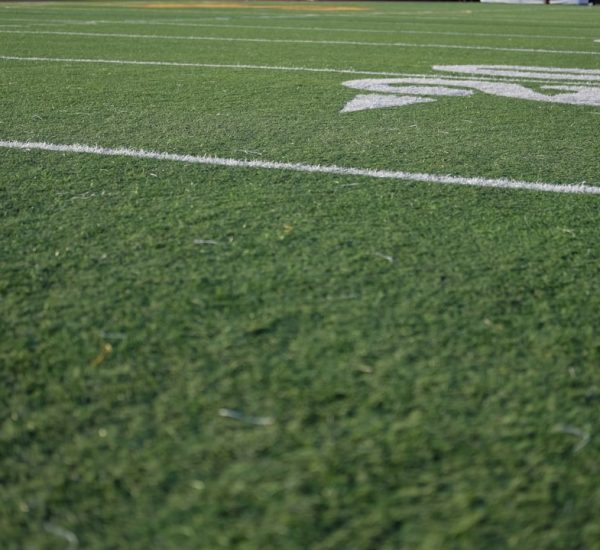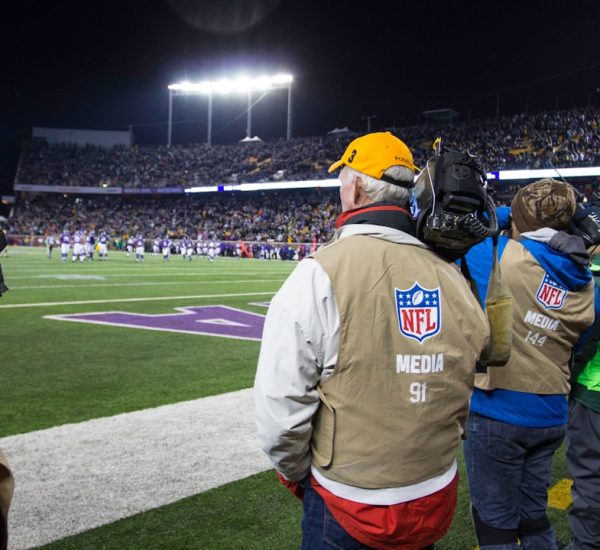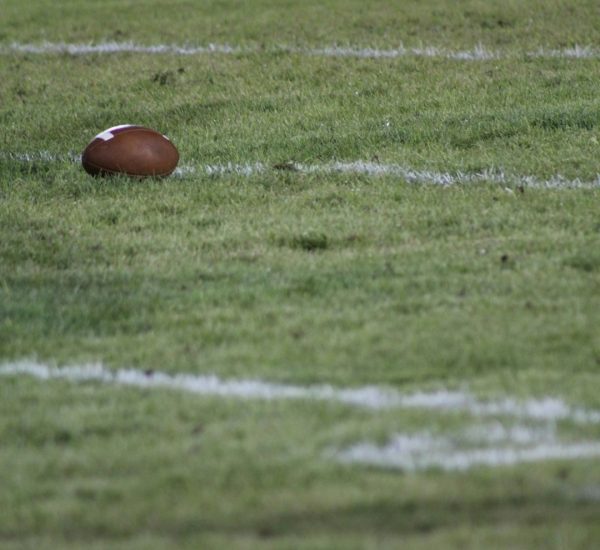The National Football League (NFL) holds its players, coaches, executives, and other personnel to a high standard of conduct both on and off the field. To protect the integrity of the league and ensure that everyone associated with it represents the NFL in a positive light, the league enforces a strict set of guidelines known as the Personal Conduct Policy.
This policy is not merely a guideline—it is a binding agreement that all individuals connected to the NFL must follow. Introduced officially in 2007 and revised periodically to address emerging issues, the NFL Personal Conduct Policy seeks to establish a standard of ethical behavior and accountability across the league.
What Does the Personal Conduct Policy Cover?
The policy applies to all NFL personnel—players, coaches, team employees, and league staff—and encompasses both criminal and non-criminal behavior. It is designed to deal with actions that may not necessarily result in a legal conviction but still reflect poorly on the individual or the league.
Examples of behavior prohibited under the policy include:
- Acts of violence, such as assault or domestic abuse
- Sexual assault and other forms of sexual misconduct
- Animal cruelty
- Hate crimes or discrimination
- Possession or distribution of illegal substances
- Gun offenses and other dangerous weapon violations
- Driving under the influence (DUI) of alcohol or drugs
Importantly, the NFL does not wait for a legal outcome to take action against a person accused of misconduct. The commissioner has the authority to impose disciplinary measures based on the league’s independent investigation, regardless of whether or not criminal charges are filed.

How Investigations and Disciplinary Actions Work
When a potential violation of the Personal Conduct Policy is reported, the NFL may initiate its own investigation, separate from any law enforcement inquiry. The league employs independent investigators who gather evidence, interview witnesses, and compile a report that is then reviewed by league officials.
Following the investigation, the NFL Commissioner, currently Roger Goodell, has full discretion to determine if a policy violation has occurred. Depending on the severity of the misconduct, disciplinary action may include:
- Fines
- Suspensions (with or without pay)
- Mandatory counseling or treatment
- Community service
- Permanent banishment from the league
Those disciplined under the policy have the right to appeal their penalty. Appeals are heard either by the commissioner or a person appointed by him. This process is intended to ensure fairness, while still holding violators accountable.
Zero Tolerance Approach for Certain Offenses
In recent years, the NFL has adopted a stricter stance on particular categories of misconduct, notably domestic violence and sexual assault. High-profile cases, such as those involving Ray Rice and Deshaun Watson, have prompted the league to review and reinforce its policies to regain the trust of the public and fans.
In these cases, even alleged misconduct is taken seriously. The NFL often places players on the Commissioner’s Exempt List during an investigation—a status that removes them from team activities while they continue to be paid. This measure is not disciplinary but serves as a precaution to protect the integrity of the ongoing inquiry.

Education and Prevention
The NFL doesn’t just react to misconduct; it also takes proactive steps to prevent it. The league implements mandatory education and training programs for both new and existing personnel. These initiatives cover topics like personal responsibility, sexual harassment prevention, alcohol use, and conflict resolution.
In addition, each team must have a Player Engagement Director or similar staff role focused on helping players transition into professional life, manage personal challenges, and make positive choices off the field. By mentoring and educating from early on, the league hopes to reduce the likelihood of policy violations.
Conclusion
The NFL Personal Conduct Policy is a vital component of the league’s commitment to ethical behavior and public accountability. It establishes a clear standard that all affiliates must uphold, reinforcing the message that fame or talent does not excuse misconduct. With stringent investigative procedures, escalating disciplinary actions, and a focus on education and prevention, the NFL continues to evolve its approach to maintaining personal and professional integrity among its representatives.



